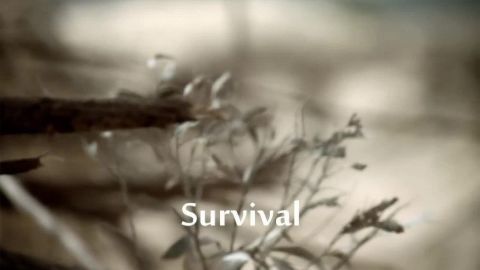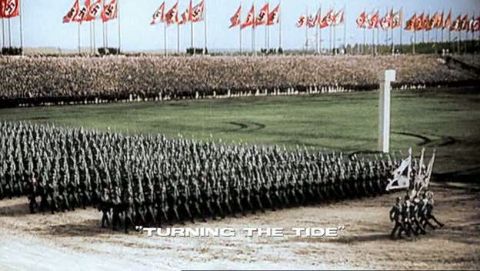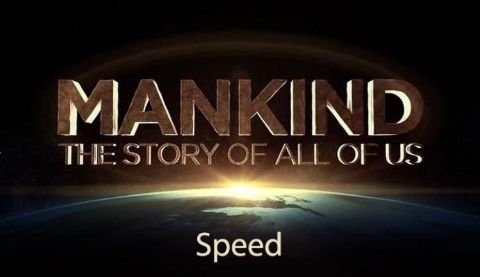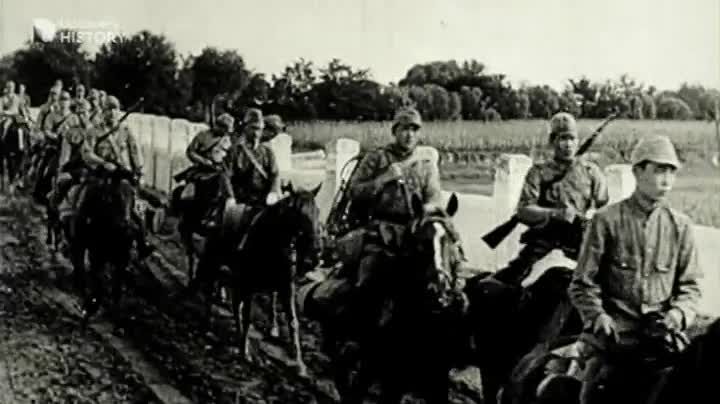Into the Light • 2012 • episode "S1E4" • Andrew Marr's History of the World
Andrew Marr sets off on an epic journey through 70,000 years of human history. Using dramatic reconstructions, documentary filming around the world and cutting-edge computer graphics, he reveals the decisive moments that shaped the world we live in today, telling stories we thought we knew and others we were never told. (Part 4: Into the Light) Andrew Marr reaches the Middle Ages. After the collapse of the Roman Empire, Europe was little more than a muddy backwater. Vikings explored and pillaged from Northern Europe to North America. But they also laid the foundations of powerful new trading states - including Russia. This was also the Golden Age of Islam, and the knowledge of ancient civilisations from India, Persia and Greece was built upon by Islamic scholars in Baghdad's House of Wisdom. By exploring the conquests of Genghis Khan, the adventures of Marco Polo and the extraordinary story of an African King - the wealthiest who ever lived - Marr finds out how Europe emerged from the so-called 'Dark Ages' and used influences from around the world to rise again with the Renaissance.
Make a donation
Buy a brother a hot coffee? Or a cold beer?
Hope you're finding these documentaries fascinating and eye-opening. It's just me, working hard behind the scenes to bring you this enriching content.
Running and maintaining a website like this takes time and resources. That's why I'm reaching out to you. If you appreciate what I do and would like to support my efforts, would you consider "buying me a coffee"?
Donation addresses
BTC: bc1q8ldskxh4x9qnddhcrgcun8rtvddeldm2a07r2v
ETH: 0x5CCAAA1afc5c5D814129d99277dDb5A979672116
With your donation through , you can show your appreciation and help me keep this project going. Every contribution, no matter how small, makes a significant impact. It goes directly towards covering server costs.












